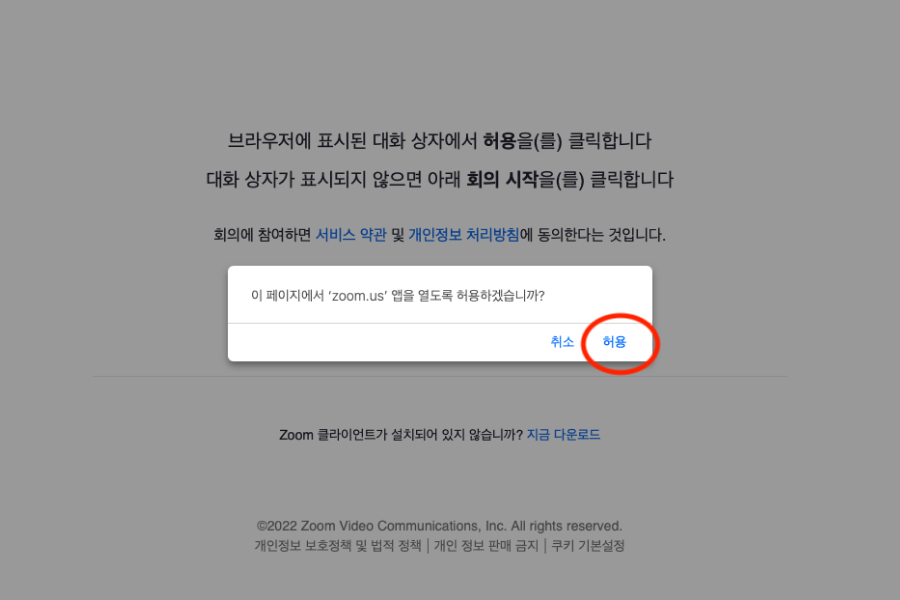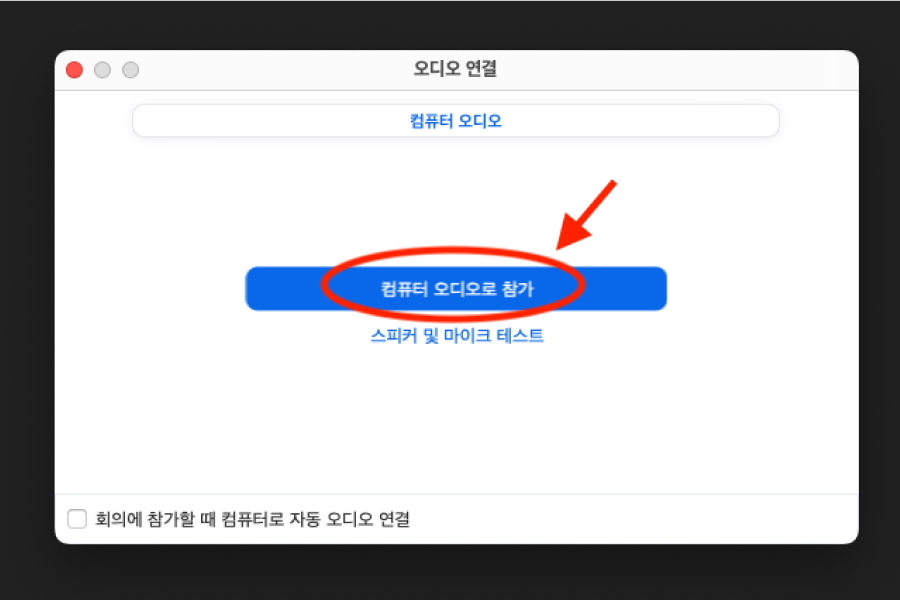According to a large survey of stage 4 and 5 CKD patients, more than eighty percent patients replied that it was important to be informed about withdrawing dialysis as one of treatment options, and to be prepared and plan ahead in case of death. The opinions about the proper time when end-of-life conversation should be addressed were varied, so 39% wanted to have the conversation when they became ill, 24% when they explicitly requested it, 14% before they started dialysis, and 10% during maintenance dialysis but before becoming ill. These findings emphasize the importance of patient-centered approaches when nephrologists consider end-of-life care for their dialysis patients. However, nephrologists did not discuss enough with their dialysis patients, which impeded shared decision-making related to end-of-life treatments.
T
In early 1960s, there was a shortage of dialysis machines for patients with end stage renal failure. To distribute the machines to appropriate ESRD patients, a committee was organized to decide who would be eligible to hemodialysis. The committee was called as ‘God committee’ because if they chose an ESRD patient for hemodialysis, it meant that he/she had an opportunity to live longer. Contrary to that, if the committee decided for a patient not to give a chance for hemodialysis, he/she will only await for his death. At first appearance, the committee was necessary to solve the problem related to the shortage of the machines compared to the number of ESRD patients.
According to a large survey of stage 4 and 5 CKD patients, more than eighty percent patients replied that it was important to be informed about withdrawing dialysis as one of treatment options, and to be prepared and plan ahead in case of death. The opinions about the proper time when end-of-life conversation should be addressed were varied, so 39% wanted to have the conversation when they became ill, 24% when they explicitly requested it, 14% before they started dialysis, and 10% during maintenance dialysis but before becoming ill. These findings emphasize the importance of patient-centered approaches when nephrologists consider end-of-life care for their dialysis patients. However, nephrologists did not discuss enough with their dialysis patients, which impeded shared decision-making related to end-of-life treatments.








